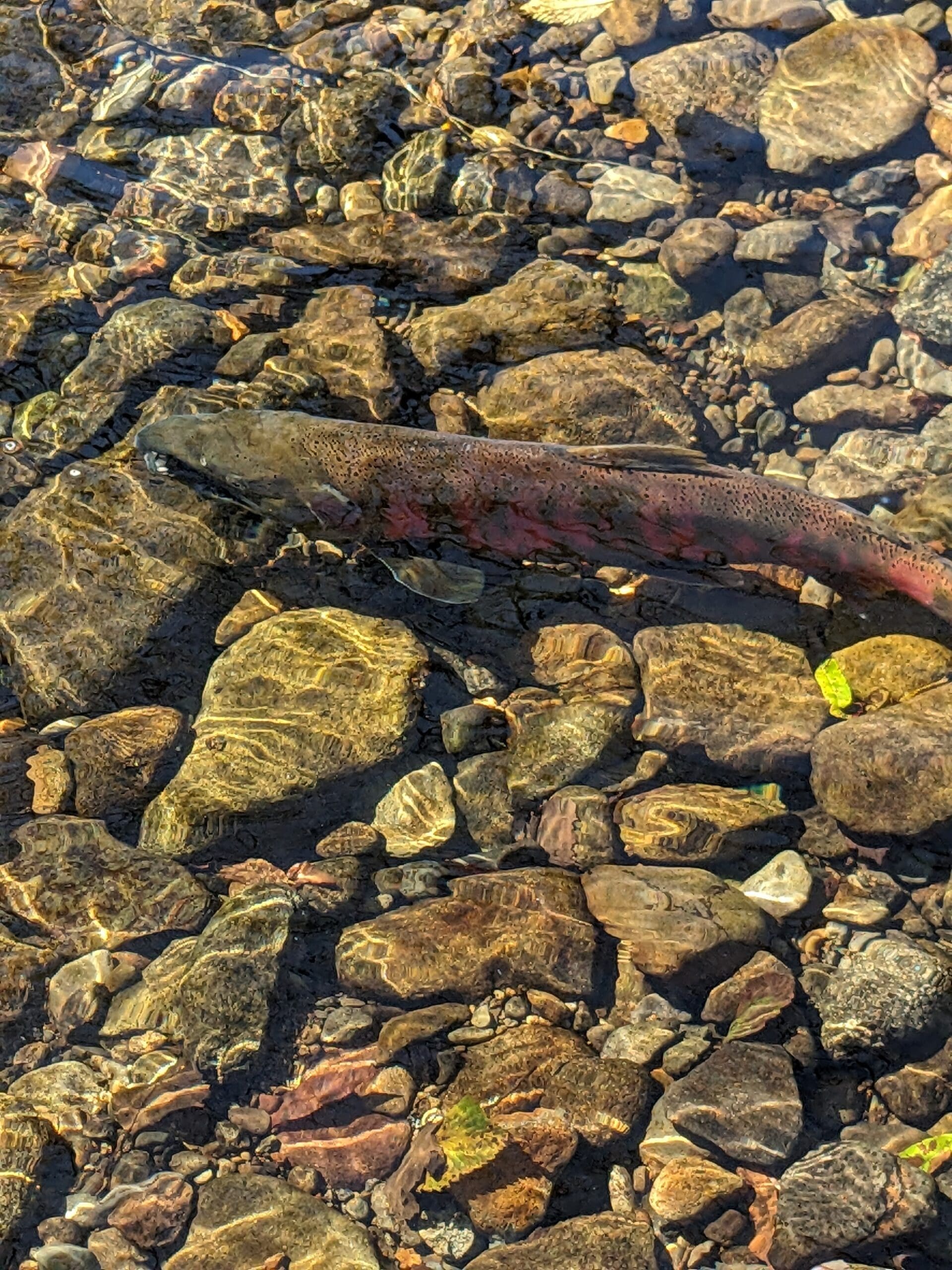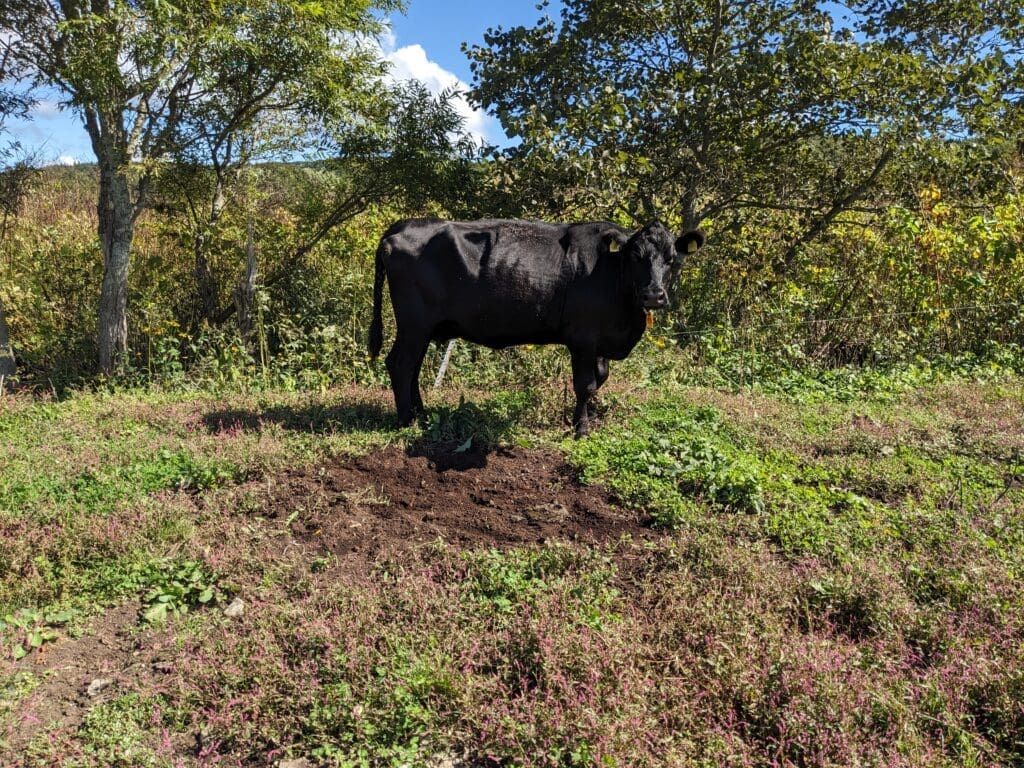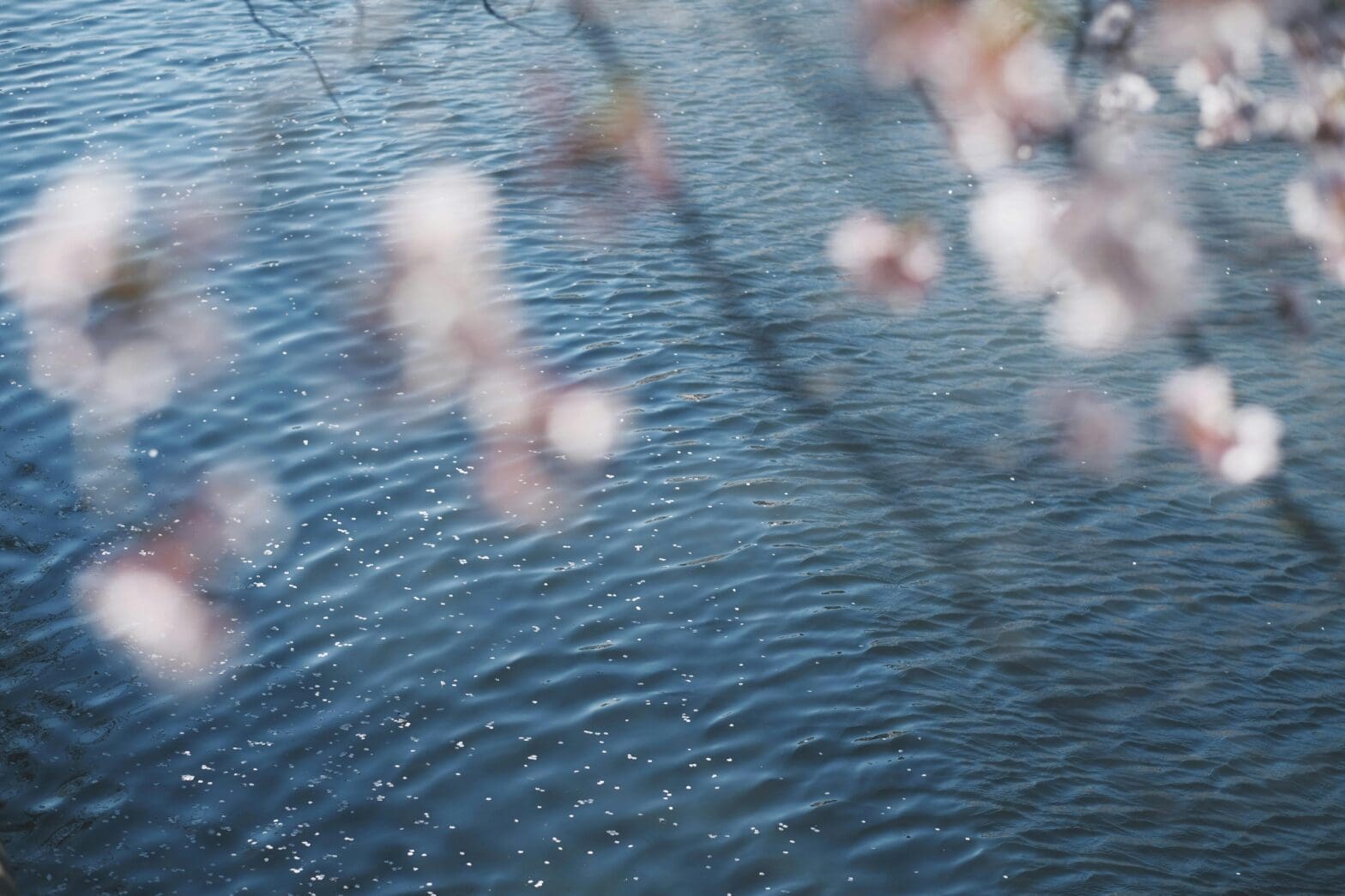by Tim Jones
About 15 years ago my friend Dr. Kyoko Nakayama taught me the Japanese word mottainai (an old cowboy’s pronunciation is mo-tie-nie). Since then, I’ve been trying to wrap my small brain around what mottainai truly means. Every time I think I understand mottainai, the concept grows, and my brain stretches.
Mariko Shinju, the author of Mottainai Baasan (Mottainai Grandma) says that most people are living a life where they don’t understand the meaning of mottainai (including most Japanese). An online search will reveal that most definitions focus on not wasting anything. Some say it can be translated as “What a waste!” Others equate it to the idiom “Waste not want not.” The environmental movement adopted the three “R”s in the spirit of mottainai: Reduce, Reuse, Recycle. Earlier versions focused on Refuse, Reuse and Repair. Nobel Peace Prize Laureate Wangari Maathai said she learned mottainai is about Respect. All of these descriptions are correct, but I am learning that it has a much deeper meaning.

We are living in a society that values convenience. We value growth. We cannot imagine planetary limits. We do not value the lives of our food sources, both plant and animal based, and the things we use that are essential to our existence. We have divorced ourselves from nature. We have become a throwaway society, and, in the process, we are throwing away our existence. We are not realizing our full potential as a species. Mottainai! What a waste!
“Mottainai is originally a Buddhist word that conveys the importance of life,” Shinju says. “We live by receiving the lives of food and creatures from the nature.”
I think it is the reason why we should respect and protect the nature.
Video by Tim Jones
If we don’t, that is mottainai.
The Allegory of #197: She was 18 years old. Angus breeding cows have an average life of about 8 years. Cows with ages of 12 to 13 years old are considered quite old. To keep #197 through another winter would have been cruel. She had lost some of her teeth and she had foot problems. It was becoming more difficult for her to keep up with the herd as they grazed up the mountainside. She had reached the end of her life, but still had not reached her full potential. As she was leaving on the truck I said, “Domo arigato gozaimasu. You have given us your lifetime to produce offspring. In death you will give us your tallow for body creams, cosmetics, soaps, toothpaste, lubricants and biofuels. You will give us medicines like insulin for diabetics, steroid drugs and cartilage for people who suffer from osteoarthritis and other illnesses, and your lungs will be used in blood thinners like heparin. Your skin will become leather. You will give us gelatin for marshmallows, caramels, gummies, and jams. For these gifts, we say thank you.” If she had been on a conventional ranch, she would have been culled at 8 years old. While that style of ranching might be more profitable, it is mottainai. Conventional farmers value metrics like rate of gain, milk production, ribeye area, and marbling. Because she was allowed to live so long, #197 demonstrated longevity, docility, superior fertility, calving ease, and excellent mothering skills. The two daughters she had during her time with us will stay in our herd and continue to pass along the genetics we value most. Her full potential will be realized long after her death. When human actions disallow something from reaching its full potential, that is mottainai. What a waste!
It seems that when nature is left in charge there is no waste. There is a circular economy where everything eventually reaches its full potential.
The Allegory of Masu Salmon: Gladney Farm is dissected by the Horokashuboto River. A stretch of about 1.2 kilometers is a favorite spawning site for masu salmon. For about two weeks, generally starting in mid-September, the masu salmon spawn. I spend a lot of time watching them and thinking about their lives. Their life is arduous and hazardous. Those who survive their time at sea spend their final days swimming upstream through shallow waters, hiding at every opportunity under tree roots and overhanging branches while trying to avoid predators. Returning to their birthplace, they search for a suitable place to lay or fertilize eggs and protect them for as long as their tired bodies will allow. After several days of frenetic activity, hovering over their eggs, they die. But even in death, they have potential. Kristin Ohlson states in “Sweet in Tooth and Claw” that the remains of salmon provide essential nutrition for creatures preparing for the long winter months ahead and serve as a major nitrogen source for the surrounding forests, wetlands, and grasslands. Full potentiality may be realized long after death. But in the case of the Hokkaido masu salmon, fewer and fewer are reaching their spawning grounds and scientists suspect it is because of rising sea temperatures caused by human activities. Mottainai! What a waste!

It seems that when nature is left in charge there is no waste. There is a circular economy where everything eventually reaches its full potential.
Shinju writes, “Mottainai Grandma thinks: ‘A circular society in which people receive the blessings of nature, use them carefully, and instead of just throwing them away as garbage, we should utilize them to the end and return them to nature. It’s mottainai not to be able to do that.'”
What will it take for me to reach my full potential? Will my life be mottainai? I am inspired and encouraged by many of my Bio4Climate classmates. Much like the masu salmon who work prodigiously to ensure viability for their posterity, some of my classmates, including our teacher Jim Laurie, are older than me (I’m 73) yet they are still working to make our planet livable. Maybe Rachael Carson envisioned members of Jim’s symbiosis team when she wrote that we have a “responsibility to endure.” I am confident their work, our work, will not be mottainai. We will endure. We will work as best we can, as long as we can, enduring as much as we can, to ensure nature’s full potential to heal itself and to reach our full potential.



Lovely Musing, Tim. Thanks for bringing that wonderful value in Japanese traditional to us all.
Happy springtime, rice planting time soon!
Thank you. This is a beautiful essay. This evening is the first time I’m visiting the Bio4clomate website. I only learned of your organization a few days ago, from Glenn Gall whom I met at the recent Acres conference.